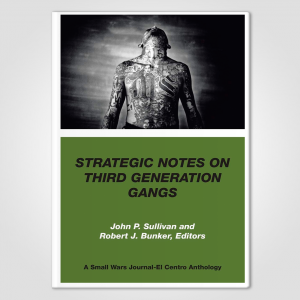
Strategic Notes on Third Generation Gangs
Strategic Notes on Third Generation Gangs builds upon the third generation street gang (3Gen Gang) theory first articulated in a series of papers by John P. Sullivan in 1997

Strategic Notes on Third Generation Gangs builds upon the third generation street gang (3Gen Gang) theory first articulated in a series of papers by John P. Sullivan in 1997
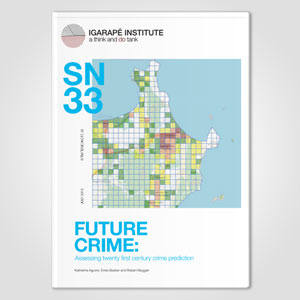
Cities are where the future happens first.
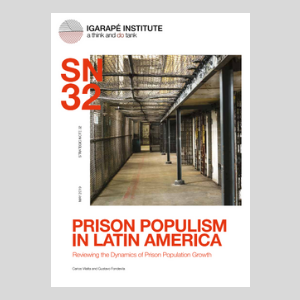
The objective of this study is to offer a data-driven review of the growth, trends, and the principle reasons behind the rapid expansion of the prison population in the region during the past two decades.

This study explores the institutionalization of the cybersecurity agenda in Brazil and seeks to identify opportunities for multi-stakeholder cooperation.
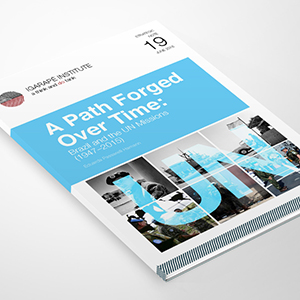
This Strategic Note seeks to identify key thematic elements in Brazil’s long history of peacekeeping missions, from the first such effort in 1947 through present-day operations around the world.
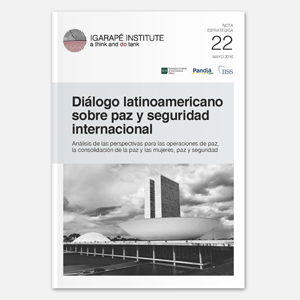
Igarapé Institute assembled governments and civil society groups from across Latin America to identify priorities and capacities to deliver on the evolving international peace and security agenda.
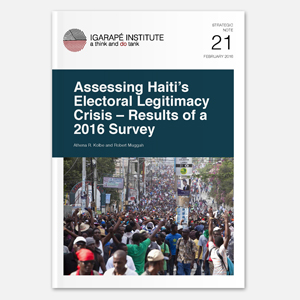
This Strategic Note presents the results of a national survey of 1,766 Haitian adults conducted in January, 2016; they were asked about their participation in voting, barriers to participating in the voting process, their choice for president, and about related subjects.
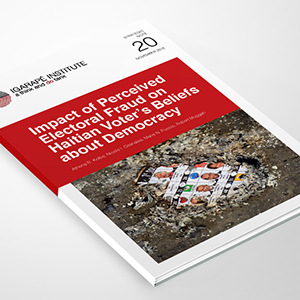
An Igarapé Institute research team administered household surveys in 135 polling stations before and after the election to assess attitudes about the electoral process; this publication gathers it’s results.
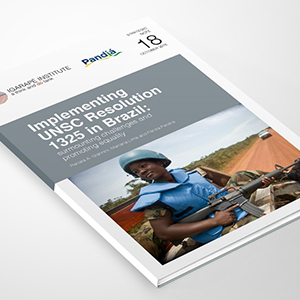
This Strategic Note reviews Brazil’s implementation efforts of Security Council Resolution (UNSCR) 1325, particularly in relation to UN peacekeeping operations.
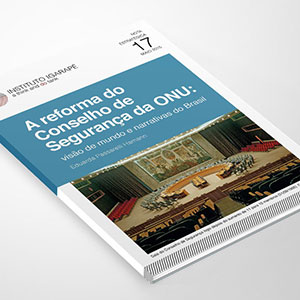
[In Portuguese] 2015 marks United Nations 70th birthday. With this, the existing debates about the adequacy of UN system to 21st century reality and needs gain strength.

Discovered in Tanzania and diagnosed in America for the first time in december 2013, the Chikungunya virus has been spreading more and more quickly in Haiti.
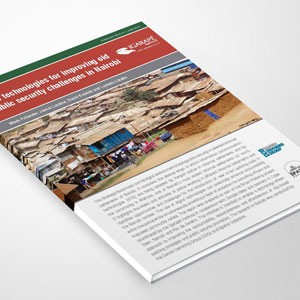
The use of digital technology for violence prevention in Kenya’s capital still find barriers, but there are also positive perspectives.
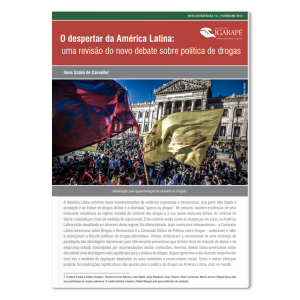
[In Portuguese] Changes in course in Latin America challenge the basis of world’s policy of drugs control and it’s almost exclusive emphasis in offer control.
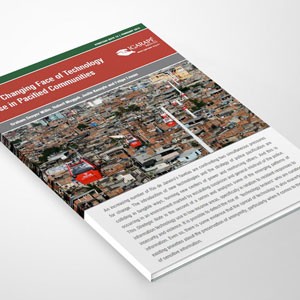
This Strategic Note analyses the introduction of new technologies and the strategy of police pacification in Rio de Janeiro’s favelas.
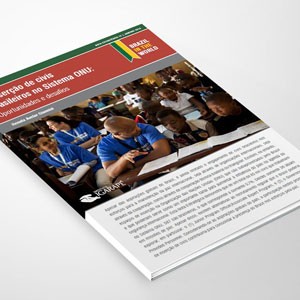
(In Portuguese) SN-12: This strategic note considers the state of Brazilian engagement with the UN peace

How technological can be used to conduct a reform in police institutions in states like Rio de Janeiro where the relations between police and society are characterized by mistrust.
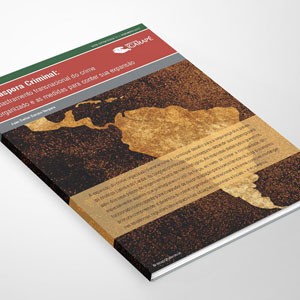
[In Portuguese] Comprehend the dinamic of the transnacional organized crime and the way challenges in regional tendencies impact national and local situations.
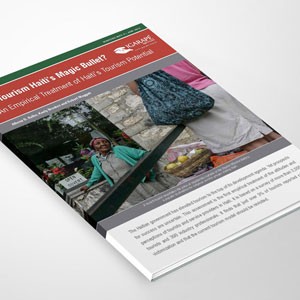
Tourism is consider fundamental for Haiti’s economy reconstruction, which may seem a paradox in a poor and prone to disasters country.
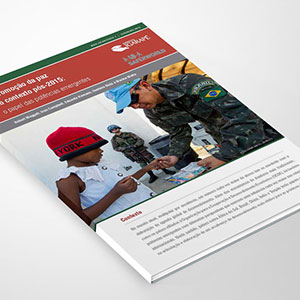
[In Portuguese] In today’s world, quintessentially multipolar, more and more actors are involving themselves in the elaboration of the global development agenda.
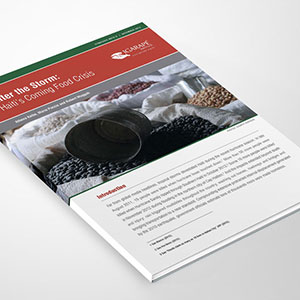
Government officials estimate tens of thousands more were made homeless after Haiti hurricane season in 2010.

How is cyberspace shaping citizens action and State-society relations in Latin America? Check the preliminary outcomes of the field research in Brazil.
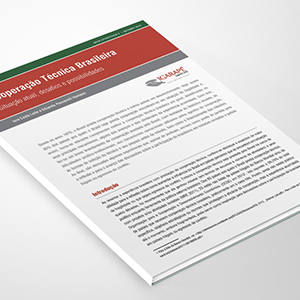
[In Portuguese] Brief survey of Brazil’s cooperation, emphasizing the recent background, juridic-institutional difficulties and operational mechanisms used by cooperation agents.
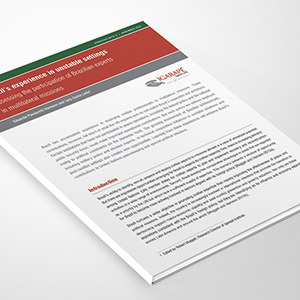
Brazil has accumulated experience in deploying civilian professionals to multilateral missions. These contributions, however, fall short of what the UN requires.
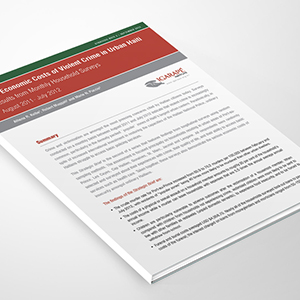
Crime and victimization are amongst the most pressing concerns cited by Haitian citizens today. Surveys indicate that they are increasingly common in urban centers.
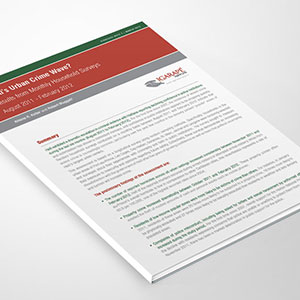
Random household surveys conducted on a monthly basis between August 2011 and February 2012 indicate that violent crime is increasingly common in Haiti.

O Instituto Igarapé utiliza cookies e outras tecnologias semelhantes para melhorar a sua experiência, de acordo com a nossa Política de Privacidade e nossos Termos de Uso e, ao continuar navegando, você concorda com essas condições.

